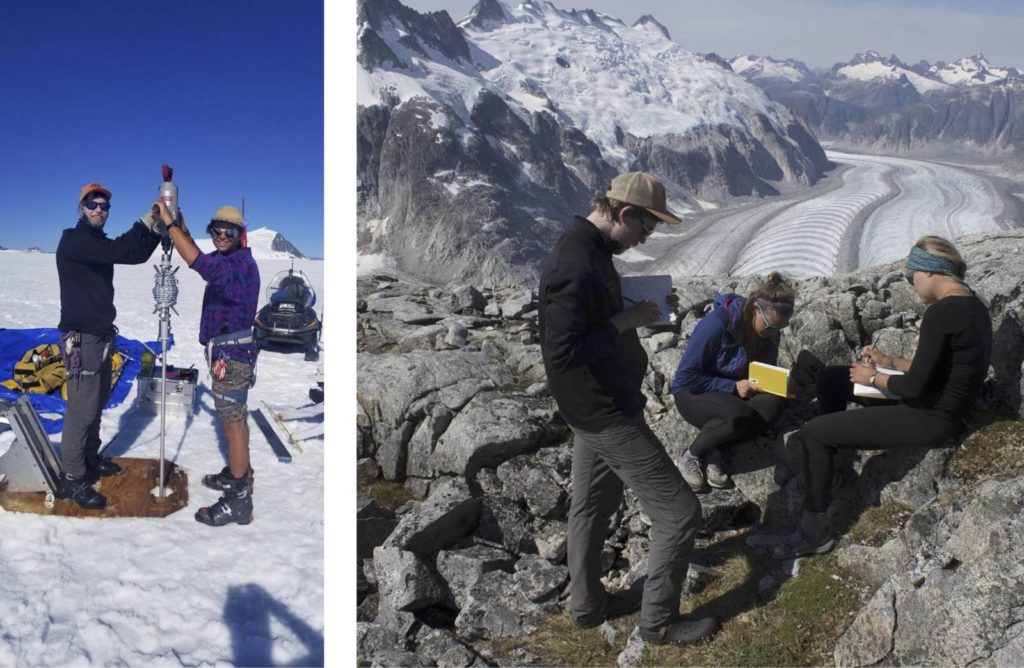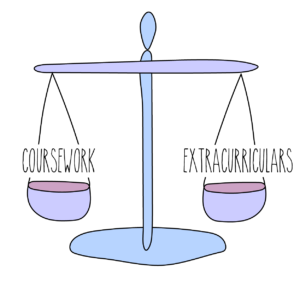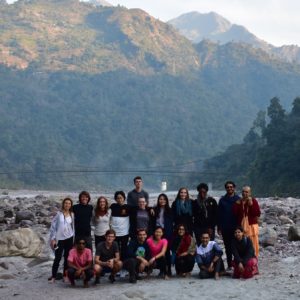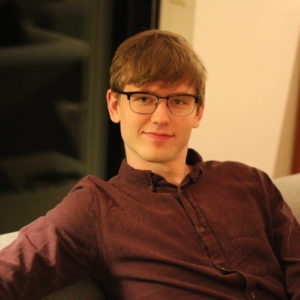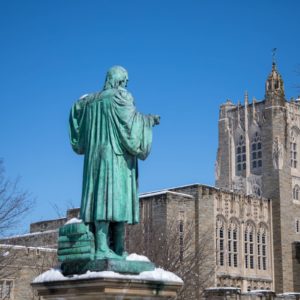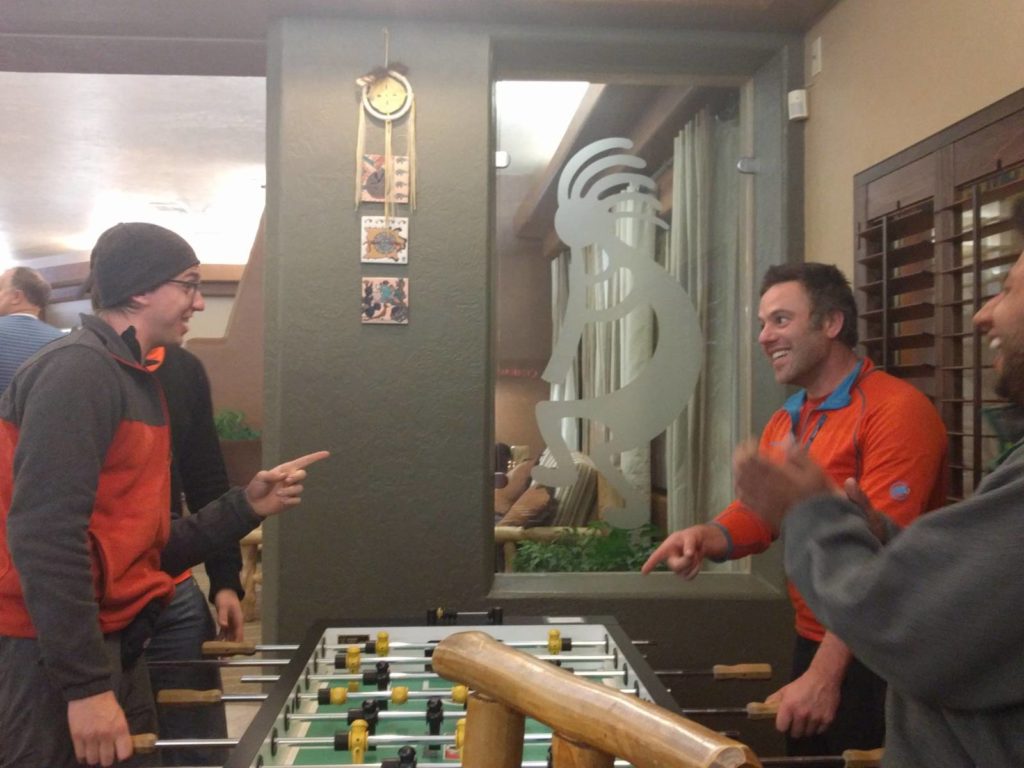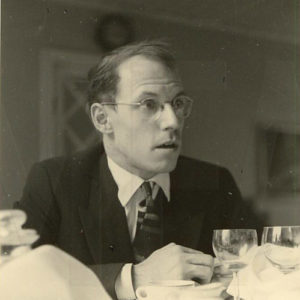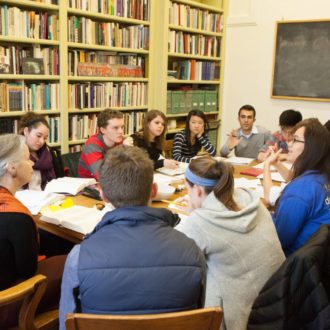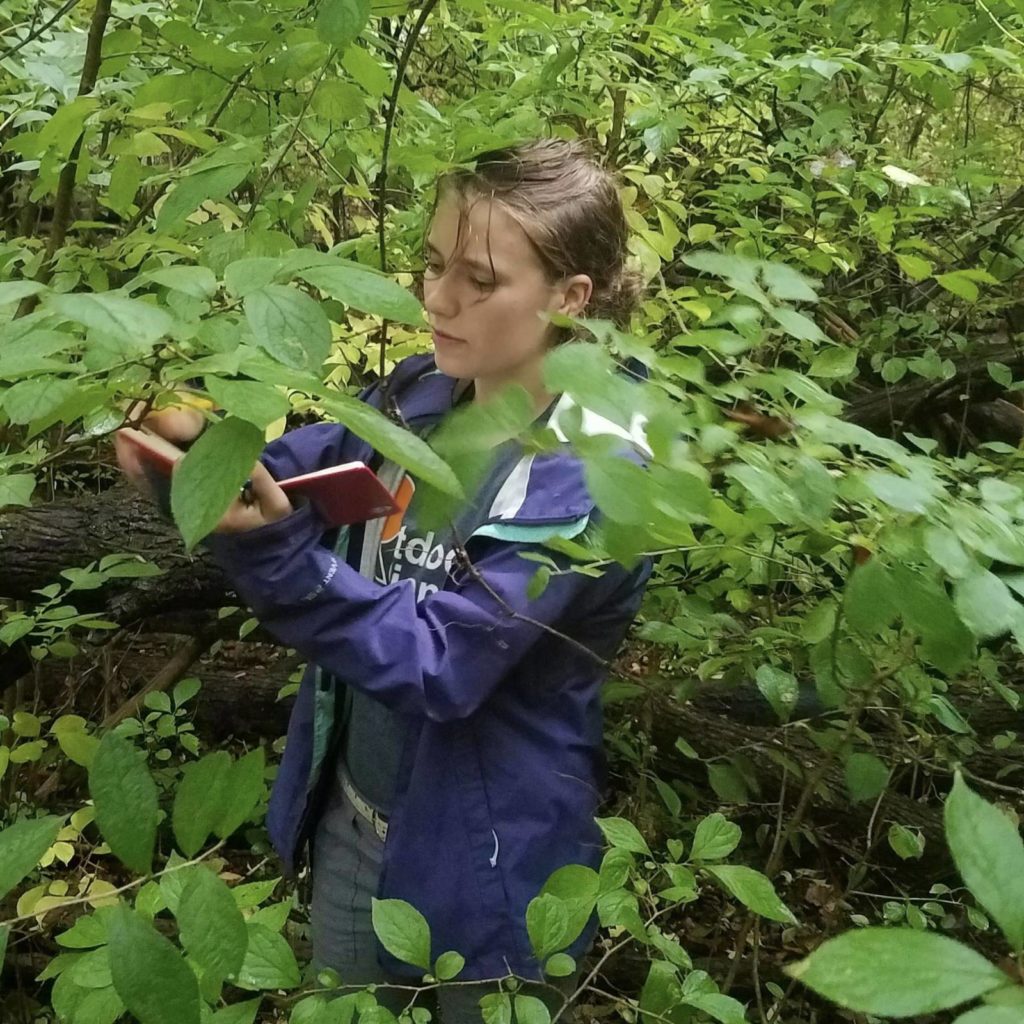This is it. After an R3, two JPs, and the countless research papers in between, I’m expected to craft the 15,000 to 20,000-word magnum opus of my Princeton career. And I have to say, I still don’t really know how it’s all going to go down.
There’s something I like to call the “black box” of every Princeton student’s research career. You’re given a massive independent research project to undertake, then some wizardry happens in Firestone, a lab, or studio, and voilà everything is complete! This second “magical” step is the black box: no one from the outside can see what goes into the project’s actual assembly. We only see stress as a side effect of this mystical process, and then a final product. Throughout the year, I hope to demystify this black box by revealing my own thesis-writing process: the highs, lows, brainstorming, writing, and of course, the research.

The “black box” metaphor is actually computing jargon for a system only understood in terms of inputs and outputs, with its inner workings remaining mysterious. To paraphrase one of my favorite movies Se7en, “What’s in the [thesis] box?” We’ll find out together!
I’m beginning this process by looking at my JPs, which also dealt with my thesis topic, but used a small number of specific examples. Both papers were divided into sections where I argued different points, and while re-reading them, I’m treating each section as if it were its own paper related to my thesis. I’m asking myself questions like: Assuming I had ten more pages to write for each section, which other theories could I incorporate to corroborate the arguments I was making? How can I specifically incorporate the topic of capitalism? How would different theorists critique my arguments, and how can this inform a strong rebuttal?
Continue reading Demystifying the “Black Box” Part I: Holy Moly I Have to Write a Thesis


